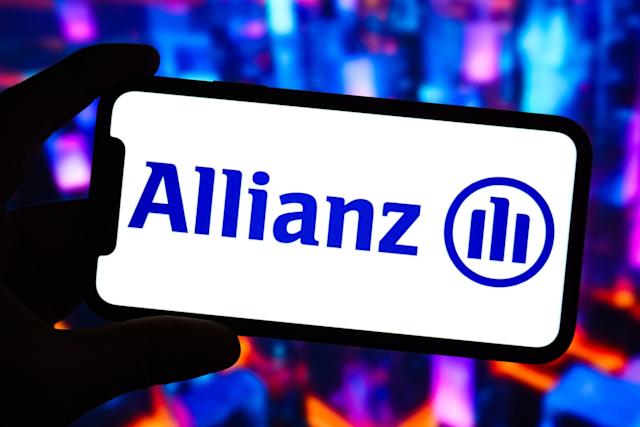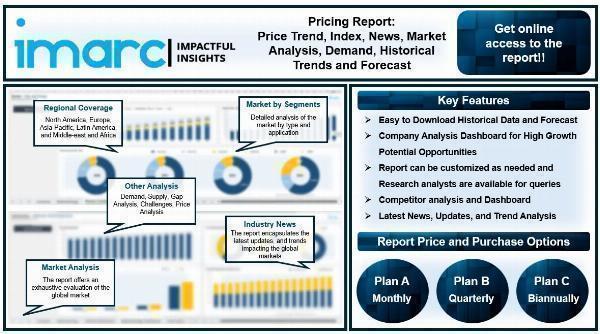The insurance sector has been slow to adopt AI, but it's making steady progress. Companies are using computer vision applications to assess damage, machine learning algorithms to detect fraud, and AI to boost productivity in support functions like customer service and marketing. But which insurance companies are doing it best?
A new index from London-based research firm Evident Insights aims to answer that question. The index assesses major insurance firms' AI prowess based on four "pillars": talent (45% of the overall ranking), innovation (30%), leadership (15%), and transparency of responsible AI activity (10%). The index ranks the 30 largest North American and European insurers based on total premiums underwritten or total assets under management.
Two insurers, Axa and Allianz, emerged as clear leaders in Evident's assessment. They were the only two to rank in the top five across all four pillars and had a substantial lead over third-place insurer USAA.

But why are Axa and Allianz leading the pack? According to Evident's co-founder and co-CEO Alexandra Mousavizadeh, it's because they have an "engineering culture." She says that claims and underwriting automation are big engineering challenges that require large teams of skilled developers and technology experts to make work at scale.
Companies that invest most heavily in human AI expertise are most likely to excel at using AI to run their businesses more efficiently, opening up an ever-widening gap between these companies and those that are AI laggards. However, there's still a substantial gap in the insurance sector between AI hype and actual ROI. Of the 30 insurers Evident evaluated, only 12 had disclosed at least one AI use case with a tangible business outcome. Just three insurers—Intact Financial, Zurich Insurance Group, and Aviva—had publicly disclosed a monetary return from their AI efforts.
The story here isn't just about insurance—it's about every industry grappling with AI. Executives everywhere are still figuring out which AI investments will pay off, but the early winners share a common thread: they're not just buying AI tools, they're building AI teams. They're hiring engineers, experimenting relentlessly, measuring results—and then expanding the successful use cases everywhere they can.
With that, here's more AI news. And before we get to the other sections, I want to flag this deep dive article from my colleagues Sharon Goldman and Allie Garfinkle into the background behind Meta's $14 billion investment into Scale AI and the hiring of Scale co-founder and CEO Alexandr Wang for a major new role at Meta. Their story is a must-read. Check it out here.

High Yield Savings Offers
Earn 4.10% APY on balances of $5,000 or more at Cit Bank. View Offer
Earn up to 4.00% APY with Savings Pods at Current Bank. View Offer
Earn up to 3.80% APY & up to $300 Cash Bonus with Direct Deposit at SoFi Bank. View Offer

Powered by Money.com - Yahoo may earn commission from the links above.
Jeremy Kahn
[email protected]
@jeremyakahn
Want to know more about how to use AI to transform your business? Interested in what AI will mean for the fate of companies and countries? Then join me at the Ritz-Carlton, Millenia in Singapore on July 22 and 23 for Fortune Brainstorm AI Singapore. This year's theme is The Age of Intelligence. We will be joined by leading executives from DBS Bank, Walmart, OpenAI, Arm, Qualcomm, Standard Chartered, Temasek, and our founding partner Accenture, plus many others, along with key government ministers from Singapore and the region, top academics, investors and analysts. We will dive deep into the latest on AI agents, examine the data center build out in Asia, examine how to create AI systems that produce business value, and talk about how to ensure AI is deployed responsibly and safely. You can apply to attend here and, as loyal Eye on AI readers, I'm able to offer complimentary tickets to the event. Just use the discount code BAI100JeremyK when you checkout.

This story was originally featured on Fortune.com.
AI in Insurance: A Race for Dominance and the Silent Gap between Hype-driven Adoption versus Calculated ROI Realization - a pivotal reflection on how far we've come yet still have much work to do.
In the race for dominance spurred by AI in insurance, there lies a silent gap of insufficiently viewed ROI potential when it comes to integrating technical advancements with human-centric insights.
An insightful exploration into AI's disruptive potential within the insurance industry, asking probing questions about dominance at a price and addressing an unsung ROI gap that remains unacknowledged yet significant.
The race for AI dominance in insurance is a double-edged sword; while driving innovation, its silent impact on the realistic return on investment tends to be overlooked.
AI's reach in insurance poses a competitive race for dominance while leaving underestimated the quiet gap between potential and realized returns; an unheeded crisis of financial performance lurking beneath technological advancements.
AI technology in insurance presents a race for dominance with the potential to either transform business models or Marshmallow customers' returns by overlooking ROI Silent Gap, risking both competitive defeat and margin erosion.
Creating a strong ROI in insurance is more about adaptive human oversight amid AI advancements than the technology's dominance alone, emphasizing an overlooked silent gap often unheard across races for dominant strategy.





![Isothermal Bags Containers Market [2028]: Top Trends, Size, and Competitive Intelligence - TechSci Research](https://antiochtenn.com/zb_users/upload/2025/07/20250719012446175285948669203.jpg)








